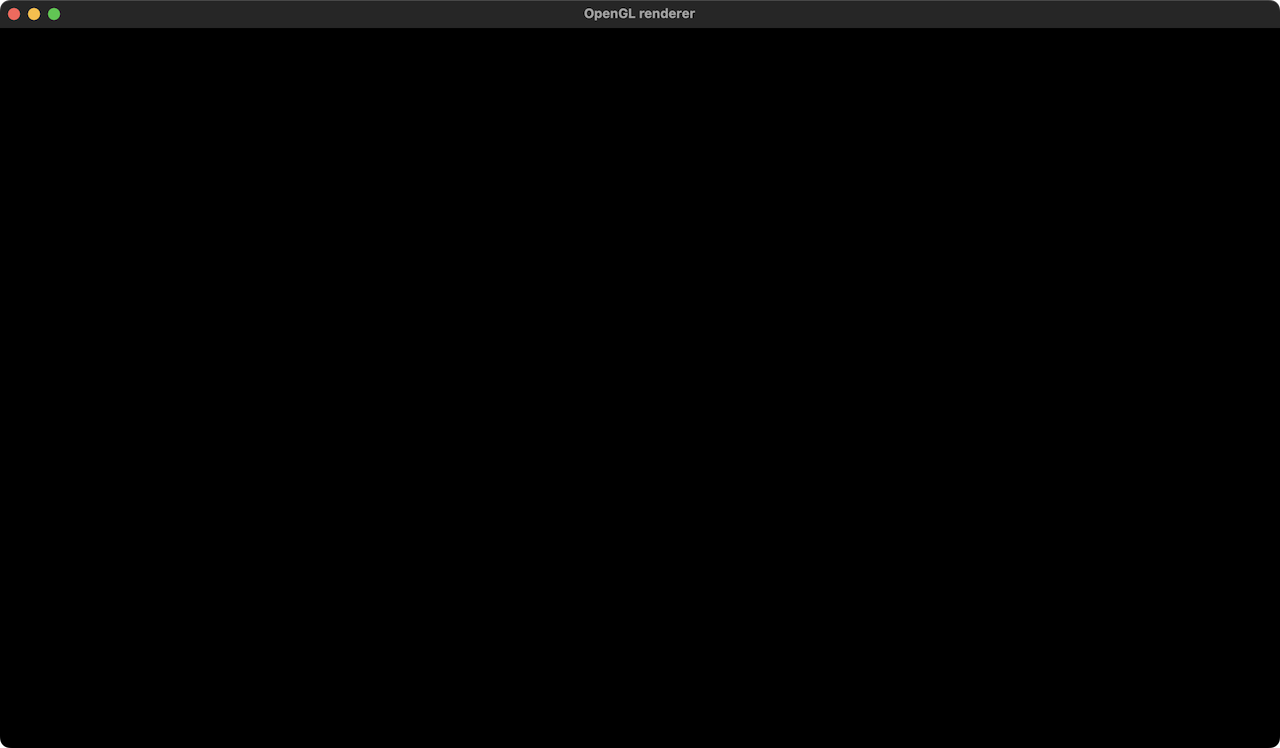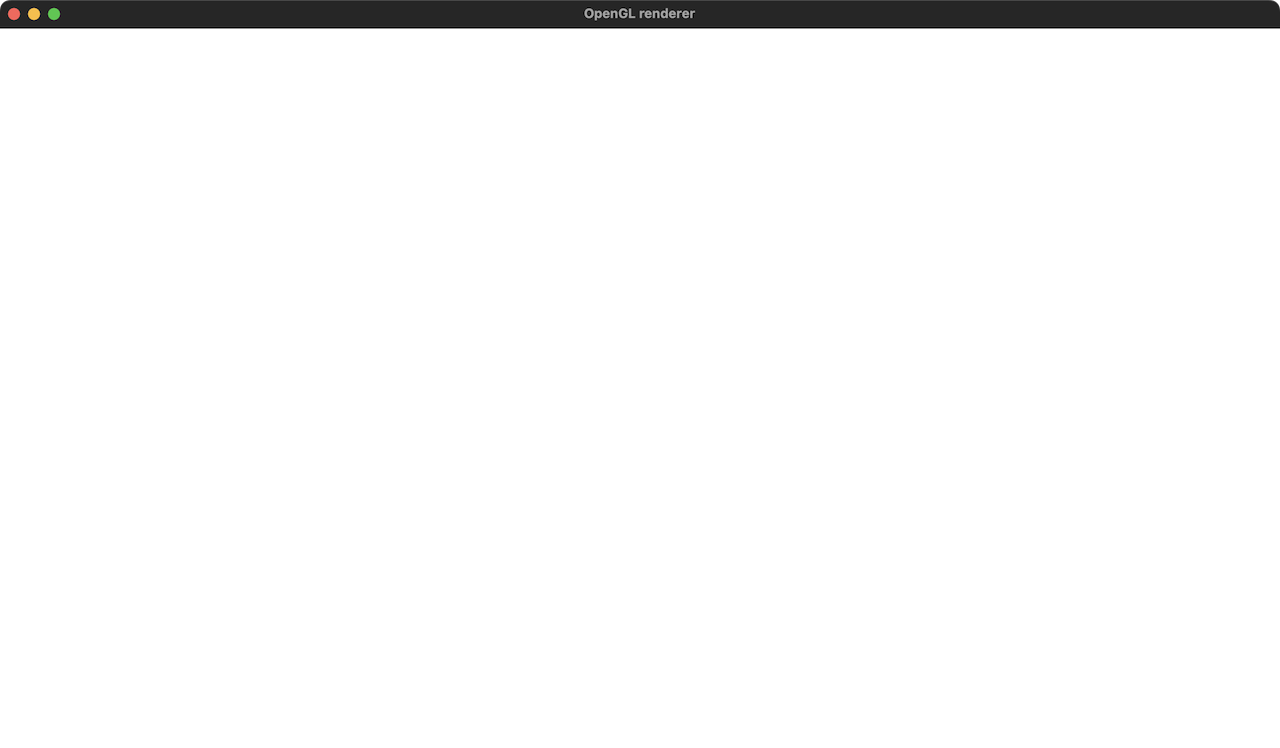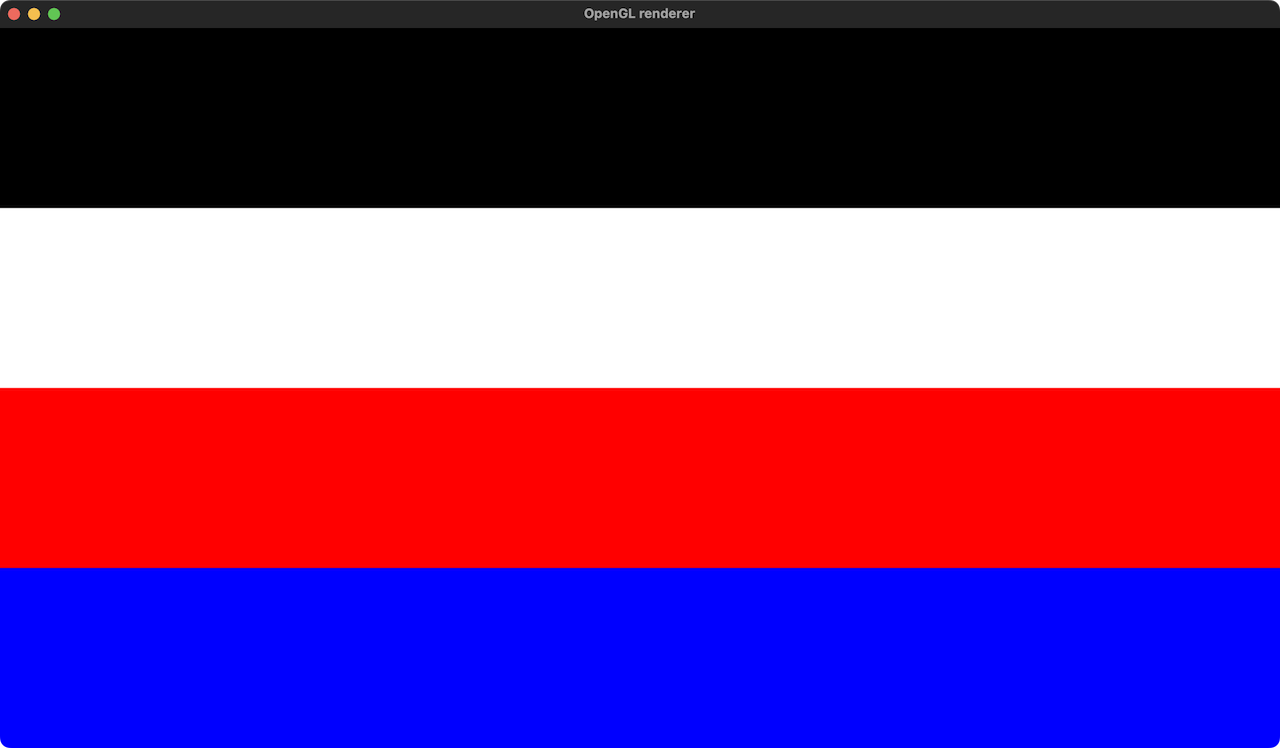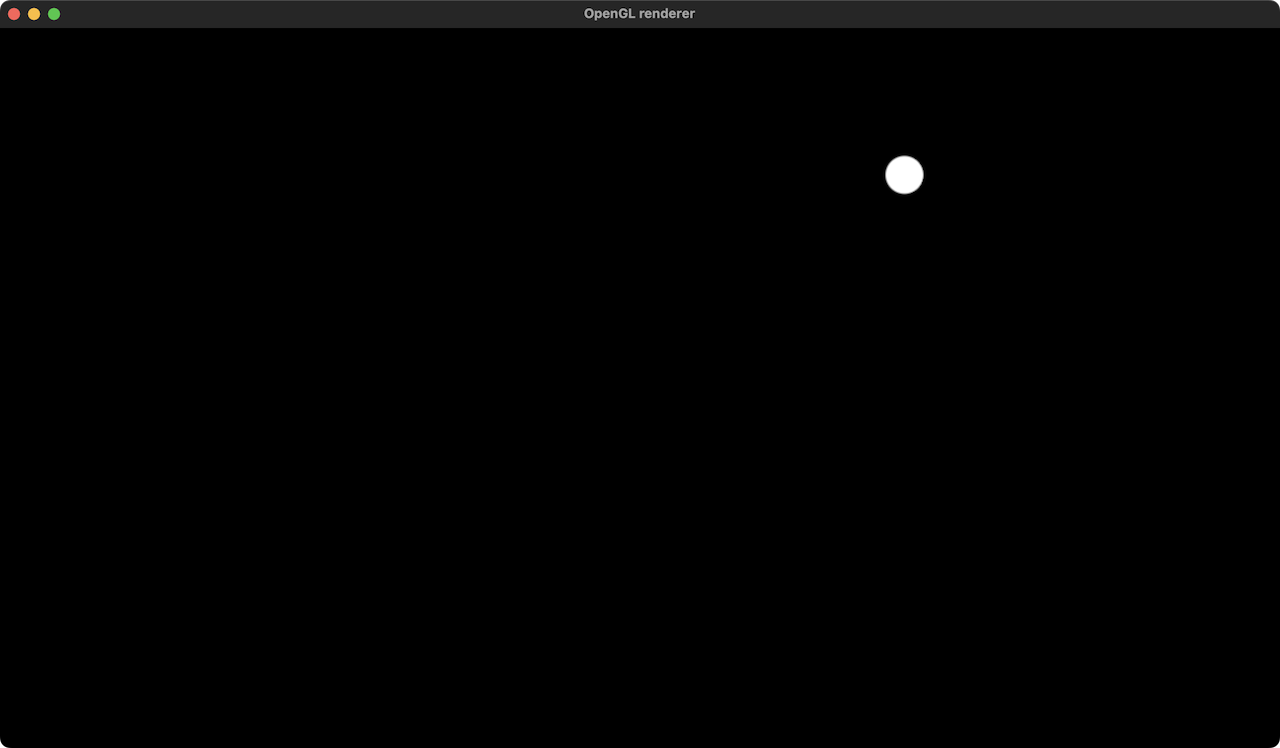All of the test video patterns of the videotestsrc elements for GStreamer version 1.22.9.
smpte (0) – SMPTE 100% color bars
snow (1) – Random (television snow)
black (2) – 100% Black
white (3) – 100% White
red (4) – Red
green (5) – Green
blue (6) – Blue
checkers-1 (7) – Checkers 1px
checkers-2 (8) – Checkers 2px
checkers-4 (9) – Checkers 4px
checkers-8 (10) – Checkers 8px
circular (11) – Circular
blink (12) – Blink
smpte75 (13) – SMPTE 75% color bars
zone-plate (14) – Zone plate
gamut (15) – Gamut checkers
chroma-zone-plate (16) – Chroma zone plate
solid-color (17) – Solid color
ball (18) – Moving ball
smpte100 (19) – SMPTE 100% color bars
bar (20) – Bar
pinwheel (21) – Pinwheel
spokes (22) – Spokes
gradient (23) – Gradient
colors (24) – Colors
smpte-rp-219 (25) – SMPTE test pattern, RP 219 conformant